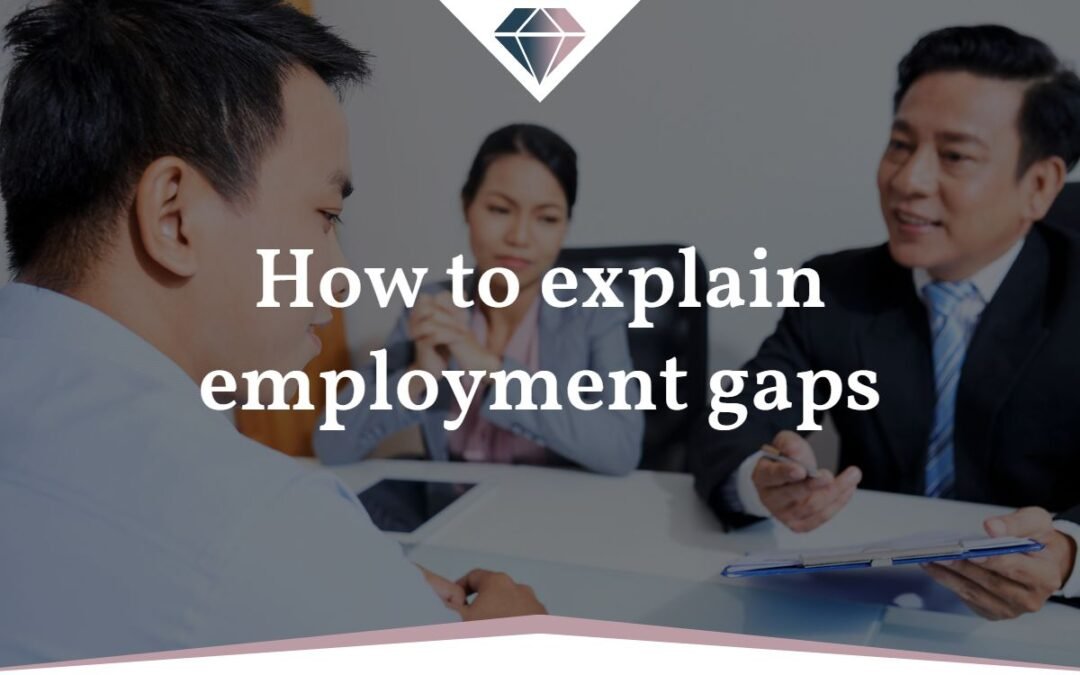Tips from Professional CV Writers
Employment gaps are not always negative, but it can be anxiety-inducing trying to explain why you were out of a job for a few years. The following article will help you address your employment gaps and make them another selling point for your CV.
What are gaps in employment?
Employment gaps are times during your career when you are not formally employed by a company. It is important to understand that gaps in employment come in many different shapes and sizes, lasting from a few months to several years.
For example, someone may resign from their job to start their own business and work on it for several months before deciding this was not the correct path for them. This serves as an employment gap, but it is positive and demonstrates entrepreneurial skills, initiative and motivation.
Why you should explain any gaps in your employment when writing your CV
Explaining gaps in employment is important because you want to make it clear to potential employers that you had a good reason for taking time off. Gaps can come across as laziness, irresponsibility or not caring – if you don’t address them correctly.

List of good reasons for gaps in employment
You might feel like your time off was a negative experience but always make sure to shine a positive light on what you did and learnt during that time.
- Caring for an ill or elderly family member
- Fulfilling personal goals including climbing a mountain or travelling the world
- Volunteering
- Raising your own family
- Physical illness
- Losing your job during the Covid19 pandemic or retrenchment
- Searching for a new job (Read here for tips on how to maximise your job search)
- Freelancing
- Mental health issues
- Starting a new business
- Completing a certification
How to address employment gaps / How do I explain gaps in my employment history
- Analyse your employment history and determine which roles are relevant to the job posting
- Only explain gaps longer than three months – in this case, remove the month from the role and include only the year. This is an effective strategy if these gaps are due to searching for a new role or going through longer interview processes
- Do not over-explain the gap or be overly critical of yourself, present yourself positively. You can explain the gap in your CV by inserting a line between roles, including the months or years and writing a simple sentence. An example could be “2020 – 2022: Retrenched due to Covid19 pandemic” or “2016 – 2023: Started and cared for my young family”
Always be honest and transparent when addressing employment gaps
All reasons for not having formal employment are valid, do not lie about the reason or timeframe as this will start you off on the wrong foot. It is almost always guaranteed that the truth will come out and it could hurt your application.
Should I address my employment gaps in a cover letter or cv?
Keep it short on your CV. You can use your cover letter to explain longer gaps in more detail. Always make sure to let them know that you are ready to return to the workforce and that you are excited to be part of it again. For example, “Took five years off from work to travel the world, learning about several cultures and building a more open perspective which I am excited to apply to my new role.”
Employment gaps don’t have to be red flags. If you represent yourself honestly and accurately, hiring managers will get the correct impression of you. Always remember to be ready to speak about any gaps in a shortlisting call or interview.


Recent Comments